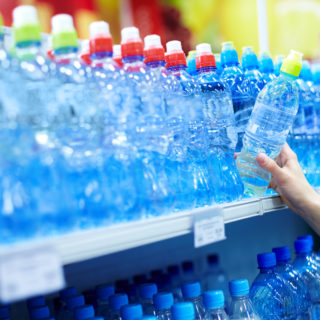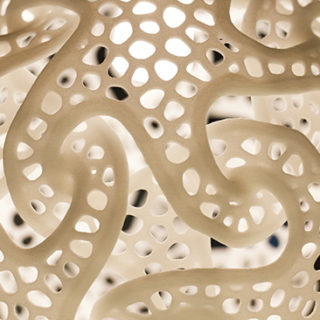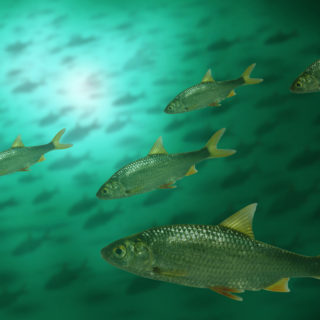How do we create a sustainable cycle of plastic?
We are currently facing an adjustment of society in which our mentality, where everything’s disposable, needs to change to one where we take financial and environmental responsibility. The focus is greatly placed on a material that we have learned that we simply cannot be without. Plastic.
“How can we change our current plastics production based on oil, to instead produce plastic which is biodegradable?”, wonders Teis Hansen, innovation researcher and part of the research programme Sustainable Plastics and Transition Pathways (STEPS). And what knowledge and new policies are needed in order for us to reach our goals?
Bioplastic is a hot topic of 2016, but what does it mean? A type of plastic that is based on biological materials, such as forest industry by-products? Or a material which is biodegradable and manages to break down on its own?
“There are many different ideas and notions of what recyclable plastics are, but there’s no clear picture as to where we are going and where we want to be by 2050”, says Teis Hansen.
What are the social, technical, financial and political obstacles to replacing fossil fuels with renewable raw materials in order to produce plastics? The broad research programme, STEPS (see fact box), connects researchers and some 20 external representatives of the entire chain of plastics production – from manufacturing to application, including Region Skåne and IKEA. Together, they will try to find the answer to what information is needed in order to change regulations and policies to create an environmentally sustainable cycle of plastic in Sweden.
But how do you make consumers take more financial and environmental responsibility for a material that can be found everywhere?
“The negative environmental impact of plastic is old news. However, plastic is also a good, durable and inexpensive material that can be used for many different things. But how do we change the behaviour of consumers and allow them to participate in creating new innovations? This is one aspect of our research which is currently being studied by sociologists. We must not only support research in industries, but also help the market so that it can steer the development in a particular direction”, says Teis Hansen.
Teis Hansen talks about distinguishing between good and less good innovations, and about designing innovations according to actual needs.
“It’s important that all involved parties share a common vision and understanding of what we are trying to achieve and how to get there. But in this topical debate, there are some who focus entirely on making sure that the plastic is biodegradable, whereas others find it more important that it’s produced from certain raw materials”.
He continues:
“I hope that our research can help find a way so that the advocates of bio-based plastics are not in conflict with those in favour of biodegradable plastics. The reality is that we need both – the plastic components of a car cannot be biodegradable, but plastic bags certainly can”.
Text: Bodil Malmström





